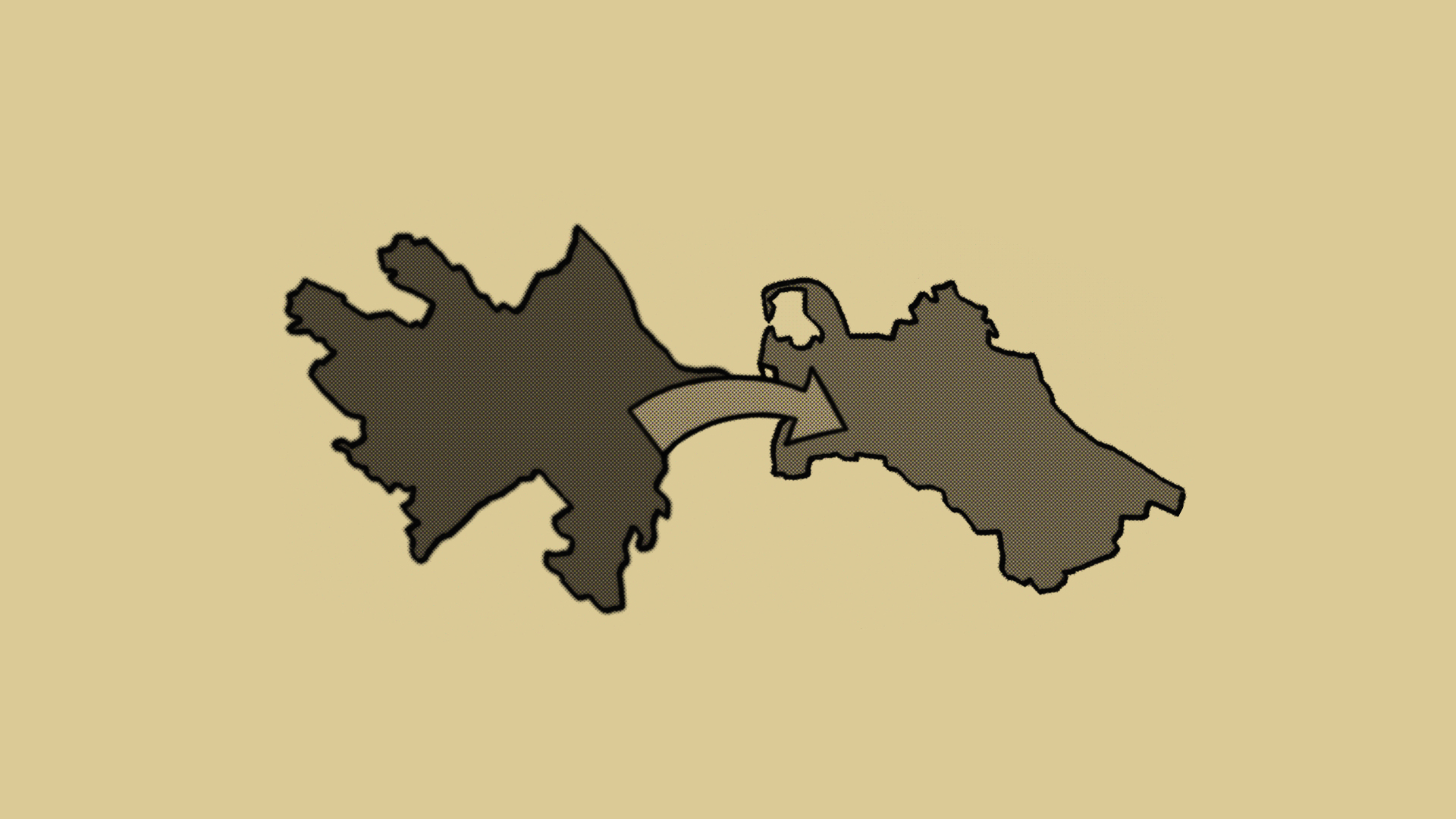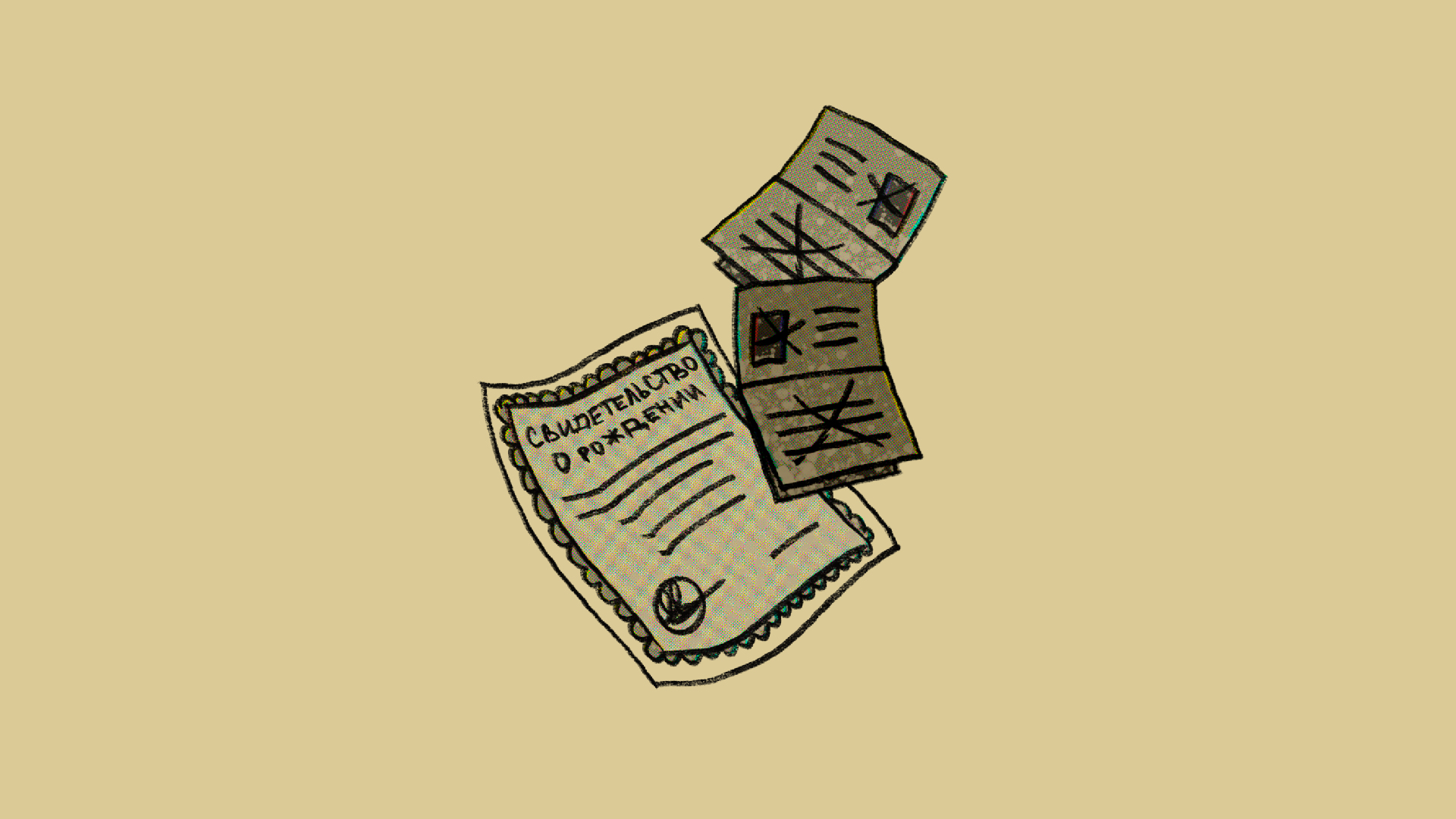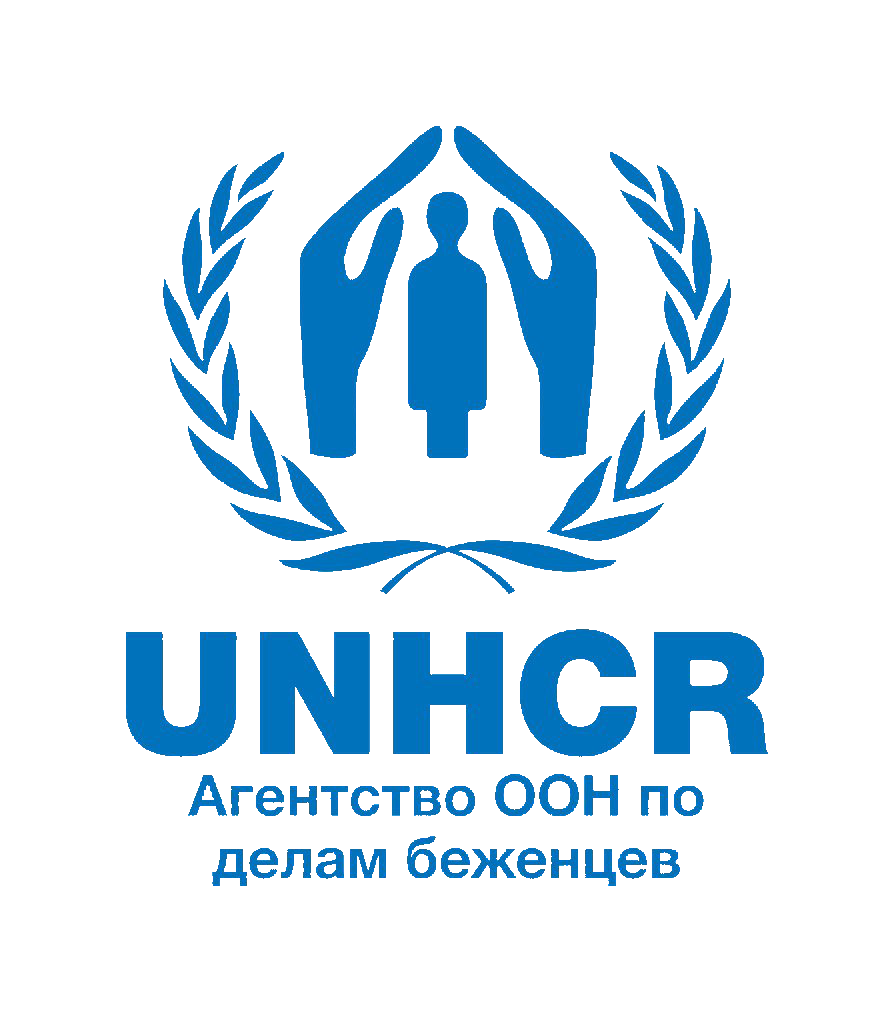Personal story: If I knew being stateless would be so difficult…
January 20th, 2021
Turkmenistan has granted citizenship to 26,000 refugees and stateless persons over the past 15 years. These include some 13,000 stateless persons who have been naturalized since the country acceded to the 1954 Convention relating to the Status of Stateless Persons in 2011.
The 1961 UN Convention on the Reduction of Statelessness provides specific obligations to prevent and reduce statelessness.
Turkmenistan is the only country in Central Asia that has acceded to the 1954 and 1961 Conventions on Statelessness.
Now Lyatifa dreams of obtaining citizenship for her children—she has six of them, all of whom are adults. In 2019, the lawyer helping Lyatifa with her citizenship made inquiries to retrieve their data, and it turned out that they were not citizens of any state. Without citizenship, they cannot find permanent employment.
One of Lyatifa’s sons suffers from the consequences of a complex injury. A person in his condition would be entitled to disability benefits, but Lyatifa can’t arrange these because he has no papers.
Keyik Okara continues to help Lyatifa’s family with obtaining documents as part of their joint work with the UN Refugee Agency (UNHCR). UNHCR works closely with the government of Turkmenistan and other Central Asian states to address the problem of statelessness and prevent new cases.


